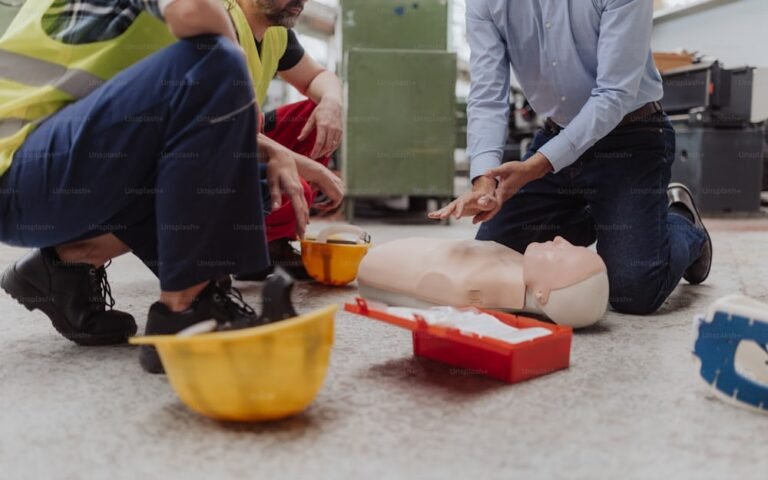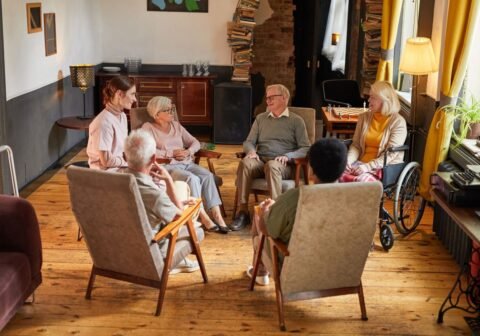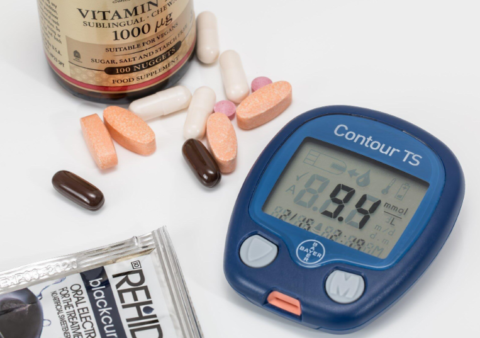First aid training is often seen as a skill reserved for medical professionals or emergency responders. However, its importance in everyday life cannot be overstated. Whether at home, work, or in public spaces, accidents and medical emergencies can occur unexpectedly. Being familiar with first aid can make a big difference in how things turn out in these scenarios.
What is First Aid?
First aid is the instant care given to someone who has been hurt or suddenly becomes sick before they can get full medical care. It includes easy techniques that can be used with little training and equipment to save lives, keep the situation from getting worse, and help people get better.
Immediate Response Saves Lives
In emergencies, time is of the essence. Immediate response can often mean the difference between life and death. People who have had a heart attack have twice or even three times as many chances of life if someone knows how to do cardiopulmonary resuscitation (CPR). Similarly, controlling bleeding or stabilizing someone who is in shock can prevent further harm and improve outcomes.
Empowerment in Unexpected Situations
Accidents happen when least expected, such as at home or during recreational activities. Imagine being able to calmly and effectively assist someone who has suffered a burn, a fall, or a sudden allergic reaction. First aid and CPR courses Townsville empower individuals to take control of such situations, providing not only physical assistance but also emotional support until professional medical help arrives.
Promoting Safety in the Workplace
First aid training is often required by law at work, and for good reason. Having trained workers who can quickly handle accidents or health problems is helpful in many fields, from construction to offices. Trained workers can lower risks and make the workplace safer for everyone, whether they’re giving basic first aid or using an automatic external defibrillator (AED).
Confidence and Preparedness
One benefit of learning first aid that is often ignored is that it can make you feel more confident. Knowing what to do in an emergency reduces panic and hesitation, allowing individuals to act decisively. This preparedness extends beyond the workplace or home; it applies to any situation where help might be needed, such as during community events, sports gatherings, or travel.
Education and Awareness
First aid course in Townsville not only teach practical skills but also raise awareness about common medical emergencies and how to prevent them. Topics covered typically include CPR, wound care, choking response, and recognizing signs of heart attacks and strokes. This knowledge is invaluable in recognizing potential risks and taking preventive measures in daily life.
Support for Vulnerable Populations
First aid training is very helpful for some groups, like parents of young children, people who care for the old, or people who have long-term health problems. It equips them with the skills to handle specific emergencies that may be more common within their caregiving roles. For instance, knowing how to respond to a child’s fever or an elderly person’s fall can make a significant difference in outcomes.
Community Impact
Communities that prioritize first aid training often see a ripple effect of safety consciousness. Schools, community centres, and local organizations that offer training programs contribute to a safer environment overall. In emergencies where immediate medical help may be delayed, trained bystanders can bridge the gap, potentially saving lives.
Conclusion
Finally, it’s impossible to say enough about how important it is to know how to give first aid in everyday situations. It gives people the knowledge and courage to act properly in emergencies, which improves safety and could save lives. Being around trained people makes communities stronger and more ready for disasters, whether they are at work, at home, in school, or public places. Getting first aid training is not only good for you, but it’s also the right thing to do for everyone to make the world a better place.





